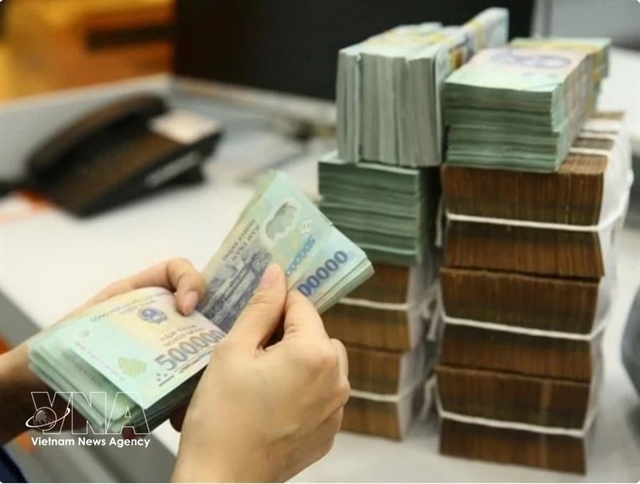 World
World

US lawmakers will vote on Tuesday on the nation’s largest tax overhaul in decades, House Speaker Paul Ryan said, keeping Congress on track to get the contentious bill to President Trump’s desk by Christmas.
WASHINGTON — US lawmakers will vote on Tuesday on the nation’s largest tax overhaul in decades, House Speaker Paul Ryan said, keeping Congress on track to get the contentious bill to President Trump’s desk by Christmas.
“Tomorrow is a day years in the making. The House will vote on the most sweeping, pro-growth #TaxReform legislation since Reagan,” Ryan tweeted on Monday, just days after Republicans unveiled their final bill aimed at providing massive tax cuts to American families and corporations.
The timing on a vote in the Senate, where the margin for passage is narrower than the House, remained unclear, although a top Republican lawmaker in the chamber, John Cornyn, said he expected a Senate vote as soon as Tuesday, and that he was “confident” it would pass.
Should the Tax Cuts and Jobs Act make it into law it would be the first major legislative victory of Trump’s presidency.
The plan is projected to add nearly US$1.5 trillion to the national debt over the coming decade, but that figure drops to about $1 trillion when economic growth is taking into consideration.
Ryan argues that a typical family of four earning $73,000 would save $2,059 in taxes next year.
But the Democratic minority has repeatedly denounced the measure as benefiting companies and the wealthiest Americans, including Trump himself, the most.
Republicans are touting the measure as a Christmas gift for millions of American families.
“It’s going to be the fulfillment of an enormous campaign promise and it’s going to be something that’s tremendously important for the American people,” the president’s daughter Ivanka Trump told Fox News.
Republicans hold a 52-48 majority in the Senate, and could afford only two defectors.
With Senator John McCain, who has brain cancer, announcing he is undergoing treatment and will not return to Washington until January, that number shrinks to just one, although no Republicans are publicly opposed to the measure.
Vice President Mike Pence, who is president of the Senate, would be called on to cast the deciding vote in case of a deadlock.
Under the legislation, the federal corporate tax rate would fall from 35 per cent to 21 per cent -- a notch up from the 20 per cent in previous versions -- and the maximum income tax rate would drop from 39.6 per cent to 37 per cent.
The bill also doubles the standard deduction for families, doubles the child tax credit, and doubles to $10 million the amount of money that can be exempted from the inheritance tax on the wealthy. — AFP




